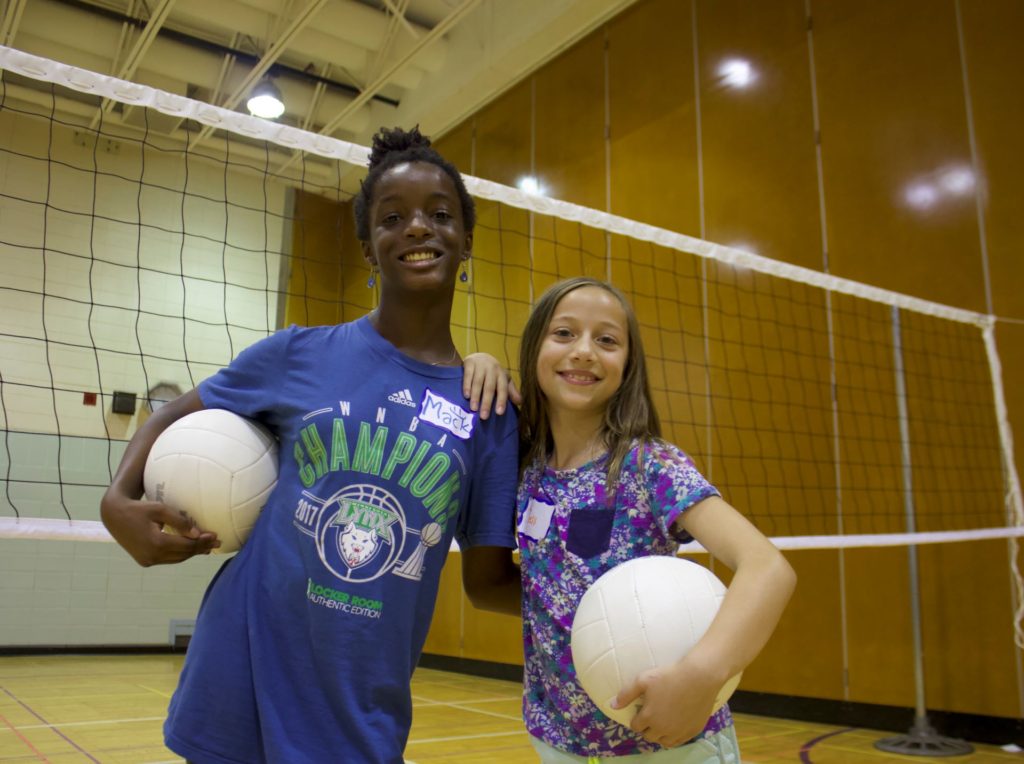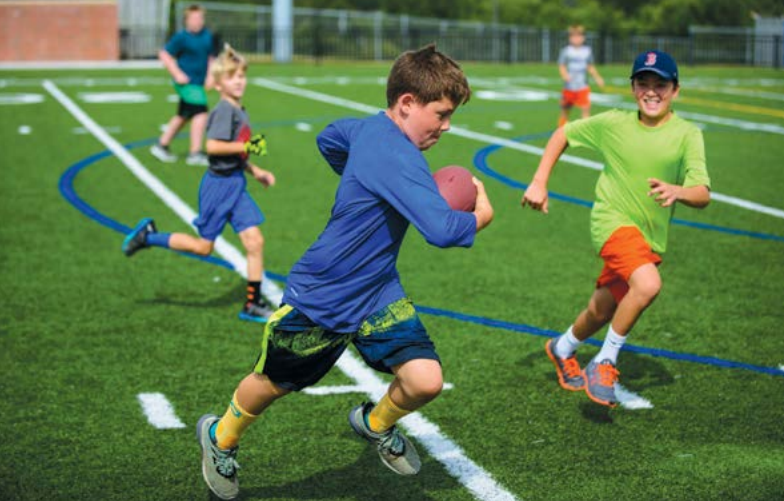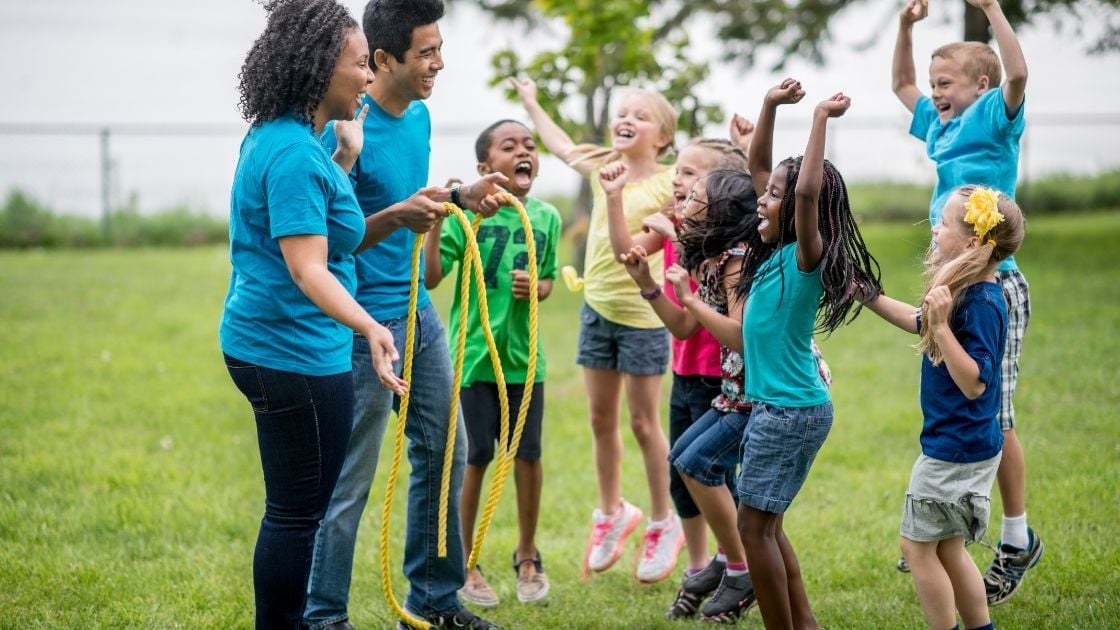Minneapolis summer camps offer programs for children through the city! Starting in June, hundreds of kids will head to Southwest High School four days a week for activities ranging from ice cream making to fort building and songwriting.
Meanwhile, dozens more will head to Justice Page Middle School for activities such as biking, basketball, and building “Star Wars”-themed robots. More yet will head to other Minneapolis Public Schools buildings for similar enrichment programming.
The activities are part of Minneapolis Community Education‘s annual Super Summer Programs held each year at MPS buildings throughout the city. This year, thousands of students are expected to register for activities at Southwest, Justice Page, Dowling, Hale, and Webster.
The programs allow students to focus on individual activities of their choosing, from art projects to sports and cooking. Students sign up for classes for a week at a time, and they can typically do one to two courses each day.
Community Education staff say the programs give students opportunities to have fun, learn skills such as teamwork, and develop their passions. They say the programs feature well-trained staff, small student-to-staff ratios, and plenty of opportunities for learning.
“It’s ‘sneaky learning,'” Barton Community Education Coordinator Dawn Sjoquist said. “We try and sneak in learning, so it just feels like fun.”
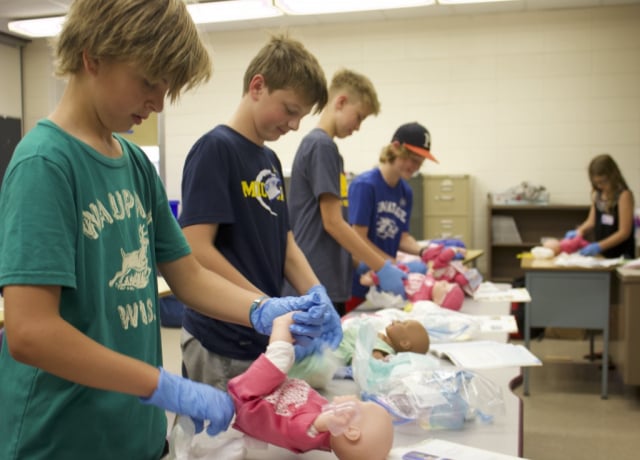
Minneapolis Summer Camps Longtime program
Minneapolis Community Education has offered summer enrichment courses for over 30 years, beginning when former Southwest Community Education Coordinator Tom Neiman developed the first Super Summer Program in the mid-1980s. Since then, the department has expanded its Super Summer Programs to sites around Minneapolis, offering dozens of individual courses each year.
This year the Super Summer Programs at Dowling, Hale, Justice Page and Webster run four days a week for seven weeks starting June 17 and ending Aug. 1. Kids at those sites typically take classes that start at 9 a.m. and/or 10:30 a.m., with classes starting at $55 per week.
It’s typically college-aged kids who are teaching the classes, said the Southwest Community Education coordinator. High school kids are paid to be aides for the classes.
At Justice Page Middle School, Community Education offers about 20 classes each week. The department divides up the offerings by grade level (typically grades 1–4 in one section and 5–8 in another) and offers everything from graffiti art to edible science and Italian cooking.
The Justice Page program also includes extended-day programming 7:30 a.m.–9 a.m. and 12:30 p.m.–5 p.m. Monday through Friday.
The program includes musical theater camps. This summer, students will put on a production of “You’re a Good Man, Charlie Brown.” Those camps are primarily targeted for students entering grades 6–9, though younger kids can participate in the show’s chorus.
The Southwest Super Summer Program starts in June and runs through July and is open to students entering grades K–8. Students there can sign up for morning classes, which run 9:30 a.m.–noon, afternoon classes, which run 1 p.m.–3:30 p.m., or both. The program also includes an early morning care option.
The Southwest program has about 150 class offerings, including a dozen cooking classes and multiple science and performing arts classes. There are also several new offerings this year, including one based on the history of Alexander Hamilton and another on the board game Settlers of Catan.
Classes are typically $99 per week.
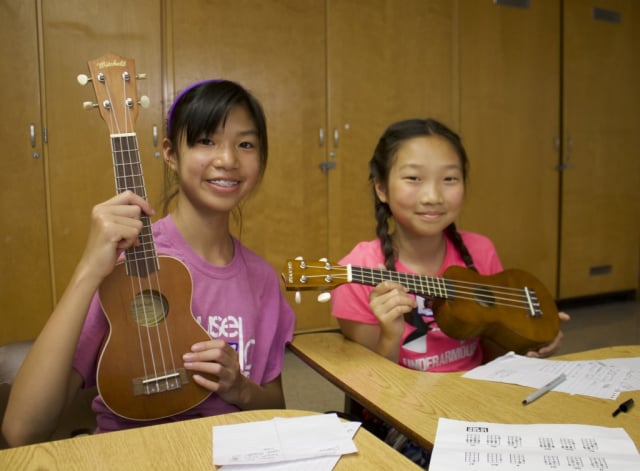
Minneapolis camps develop passions
Premack said the department works with students and staff members to develop the courses. He noted, for example, how many eighth-graders in the program had expressed interest in Hamilton — the subject of a smash-hit Broadway and touring musical — which is why they decided to develop a course around him.
Premack first worked for the Southwest Super Summer Program in 2002, following in the footsteps of his older brother and mom, who taught for Community Education. He said pretty much all staff members are people who once participated in the program themselves.
The program typically has about 1,200 students each day and 800 at any given point, Premack said. Kids come from all over the city and even from outside Minneapolis.
Community Education limits registration to about 12–14 kids per class, and it doesn’t keep waitlists for full classes. But Premack and Sjoquist, who helps coordinate the Justice Page program, said they try to ensure there are plenty of spots available. (That said, they encouraged interested families to sign up quickly, since many classes fill up).
Steve Alexander, who oversees Community Education programs in Southwest Minneapolis, said the department strives for quality with its offerings and that staff are required to plan out their lessons in advance. He said kids in the programs learn social-emotional skills and teamwork and that Community Education is committed to maintaining low staff-to-child ratios.
Premack said the classes may be a launching pad for students in terms of interest in certain subjects. He noted, for example, how one student’s interest in photography started with a photography class he took at the Southwest Super Summer Program. That student went onto become a photographer for National Geographic, he said.
“You never know what we are setting the students up for,” Premack said.
Longtime Southwest Super Summer Program art teacher Susie Crane said she loves the energy of the program and that it inspires her as an artist and a teacher. She said good feelings emanate from the program and that she feels so much more productive as an artist after she finishes her summers.
“It doesn’t feel like work,” she said. “It just gives me more energy.”
Crane has taught in the program since 1991 and said she likes the look in the students’ eyes when they become inspired by mastering new skills. She said she loves that the program is diverse and ever-changing and said many of the teachers and assistant teachers over the years were students at one point.
She said she’s invented a couple of classes over the years, including an open studio class in which older students can try different media and a loom-beading class in which students can make jewelry.
Registration for the Community Education Super Minneapolis Summer Camps and Programs opens early March. Visit commed.mpls.k12.mn.us to learn more or register online at minneapolis.ce.eleyo.com.





